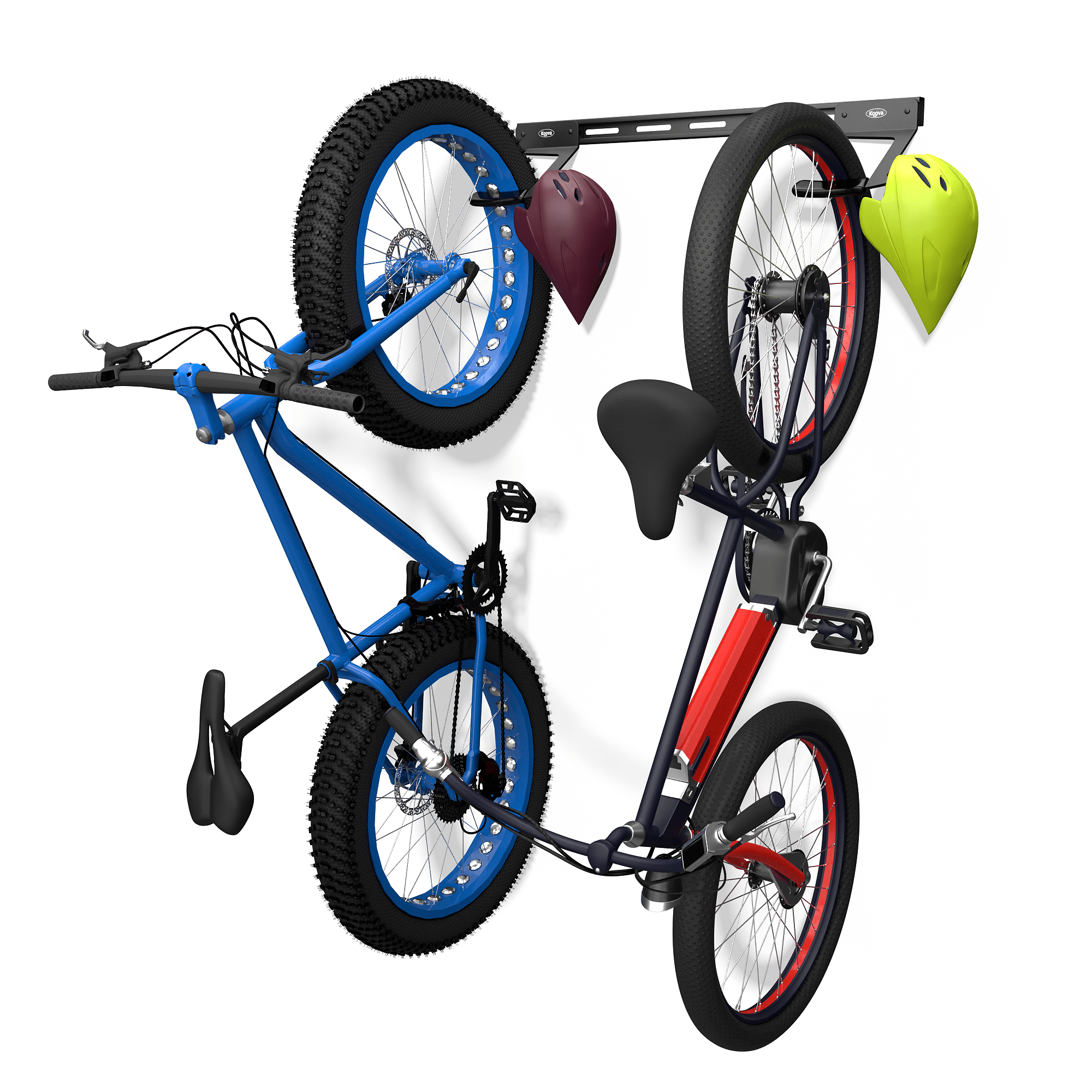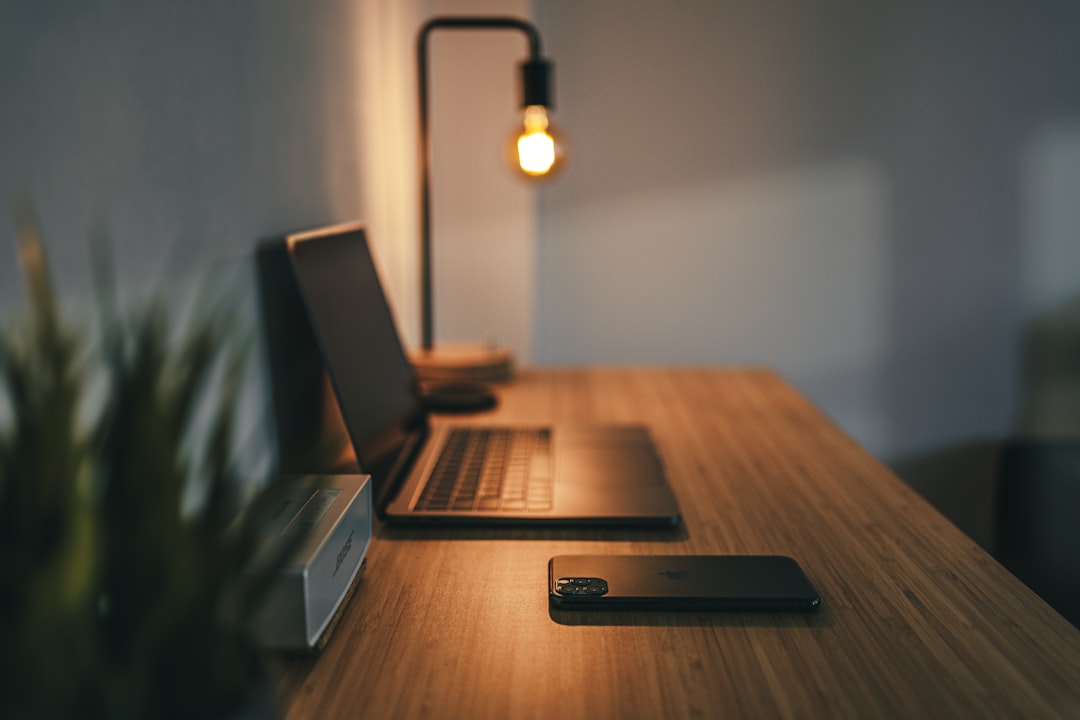In today’s fast-paced world, clutter has become an inevitable part of our lives. From overflowing drawers to disorganized garages, clutter often leads to increased stress levels. But have you ever wondered why clutter affects us so deeply? In this article, we will delve into the psychology behind clutter and stress, offering insights into how our mental state is influenced by our physical environment. Additionally, we will explore effective solutions to manage clutter and promote a peaceful, organized lifestyle. If you're passionate about creating an organized space, you might also want to consider innovative solutions like a double grease gun holder to maintain order in your workspace.
The Link Between Clutter and Stress
Clutter goes beyond mere visual chaos; it can profoundly affect our mood and mental health. Research reveals that clutter contributes to an overstimulated environment, which can cause stress and anxiety. The following subsections will illustrate the various psychological impacts of clutter.
1. Overwhelm and Cognitive Load
One of the primary psychological effects of clutter is cognitive overload. When surrounded by clutter, our brains can struggle to process information efficiently. The overwhelming presence of disorganized items diverts our attention and increases cognitive fatigue, leading to heightened stress levels. According to a study, individuals who described their homes as cluttered also reported higher levels of anxiety. Reducing clutter could therefore lead to improved focus and mental clarity.
2. Emotional Attachment to Possessions
Many people develop emotional connections with their belongings, which can lead to difficulty letting go, even if they are no longer useful. This attachment can create a sense of guilt or sadness when considering decluttering. Over time, the accumulation of these emotional barriers only adds to one’s stress levels. By acknowledging these feelings, individuals can begin to address them, making decluttering a manageable and less emotional task.
3. Affects Relationships
Clutter can also affect relationships. It may lead to arguments between partners or family members who have differing views on organization. Living in a cluttered environment can create tension, as it fosters an atmosphere of chaos rather than calmness. By tackling clutter together, families can strengthen their bonds and create a shared sense of space and order.
The Impact of Clutter on Daily Life
The effects of clutter extend into various aspects of our daily lives, from reduced productivity to diminished quality of life. Let’s explore a few critical areas impacted by clutter:
1. Decline in Productivity
Clutter can drastically decrease productivity levels at home or in the workplace. When items are disorganized, we waste time looking for things we need. This disorganization can lead to frustration and a loss of motivation. Implementing proper storage solutions, like a double grease gun holder, can streamline organization and improve efficiency, allowing you to focus on more important tasks.
2. Impaired Decision-Making
Excessive clutter can cloud judgment and decision-making capabilities. When faced with an overwhelming number of choices, individuals may find it difficult to make decisions. This leads to procrastination and indecisiveness, both of which can create an additional layer of stress. By decluttering, we can simplify the decision-making process and foster a more proactive mindset.
3. Sleep Disturbances
Your sleeping environment plays a crucial role in the quality of your sleep. Cluttered bedrooms can lead to disturbed sleep due to increased anxiety and poor relaxation. A peaceful sleeping environment can significantly enhance sleep quality, leading to greater emotional and mental well-being. When you declutter your bedroom, you create a sanctuary that promotes calmness and restfulness.
The Benefits of Decluttering
Understanding the psychology of clutter and stress underscores the importance of creating an organized and calm living space. Let’s examine some of the mental and emotional benefits that come from decluttering:
1. Enhanced Mental Clarity
Decluttering promotes mental clarity and allows your brain to focus on what truly matters. By minimizing distractions, you create an environment conducive to creativity and productivity. The act of decluttering can act as a mental reset, helping you feel more in control of your surroundings and your life.
2. Reduced Anxiety Levels
One of the most significant benefits of decluttering is the reduction in anxiety levels. When your environment is organized and tidy, you can experience a sense of peace. Regularly decluttering your space can make it easier to manage stress and anxiety as you learn to connect a clean environment with calmness.
3. Increased Sense of Accomplishment
Every time you tackle a cluttered space and turn it into an organized area, you achieve a sense of accomplishment. This feeling can boost your confidence and motivate you to pursue other goals in your life. Getting started might feel overwhelming, but taking small steps can lead to significant transformations over time.
Strategies to Manage Clutter
Now that we understand the impact of clutter on mental health and well-being, let’s discuss some effective strategies to manage and reduce clutter in your life:
1. Start Small
To tackle clutter effectively, it’s often best to start small. Focus on one area of your home or workspace at a time—such as a single drawer, closet, or room. By breaking it down into manageable tasks, you can avoid feeling overwhelmed and gradually see progress.
2. Set Goals and Create a Plan
Establish clear decluttering goals to keep you motivated. For instance, you might aim to reduce your belongings by a certain percentage or organize specific areas by a particular deadline. Having a plan also allows you to track your progress and celebrate milestones along the way.
3. Utilize Storage Solutions
Investing in storage solutions can significantly aid in decluttering. Consider options like shelves, bins, and a double grease gun holder for tools, which can help keep things organized and easily accessible. Labeling storage containers can make it even easier to locate items when you need them.
4. Adopt the One In, One Out Rule
To prevent clutter from accumulating again, adopt a "one in, one out" rule. For every new item you bring into your home, let go of one existing item. This principle encourages mindfulness about the things you choose to keep in your space, maintaining a sense of order and organization.
5. Schedule Regular Decluttering Sessions
Make decluttering a routine part of your schedule. Set aside time each month (or even weekly) to revisit your spaces and refresh your organization efforts. Regular decluttering prevents accumulation and keeps your environment feeling calm and inviting.
Beyond Clutter: Stress and Mental Health
While decluttering can significantly reduce stress, it is also important to explore additional mental health strategies. Integrating mindfulness practices and self-care can further bolster your mental well-being:
1. Mindfulness and Meditation
Practicing mindfulness and meditation can help you become more aware of your emotional response to clutter. These techniques allow you to develop a greater appreciation for your environment and cultivate contentment with your possessions. Aim to carve out a few moments each day for mindfulness, helping to ease stress and pre-empt feelings of overwhelm.
2. Exercise and Movement
Regular physical activity is an excellent way to manage stress. It helps to release endorphins, boosts mood, and improves overall mental health. Whether you prefer walking, jogging, or yoga, combining exercise with decluttering efforts can lead to a healthier mindset.
3. Seek Support
If clutter continues to be a source of stress, consider seeking support from a friend, family member, or professional organizer. Engaging with others can help motivate you through the process and provide valuable insights and techniques for decluttering.
Embracing a Clutter-Free Life
There’s no denying that managing clutter and its psychological implications is a transformative journey. As we’ve explored, understanding the psychology behind clutter and stress can empower you to create a peaceful, organized environment that fosters well-being. Through effective decluttering strategies and ongoing mental health practices, you can significantly reduce stress and enhance the quality of your life. So, embrace the path to a clutter-free life today, and discover the wonderful sense of freedom and clarity that awaits you!
Please feel free to visit one of our fellow Shopify user's stores by clicking here. Kindly note that this is a promotional link, and we cannot be held responsible for the content of the linked store.


